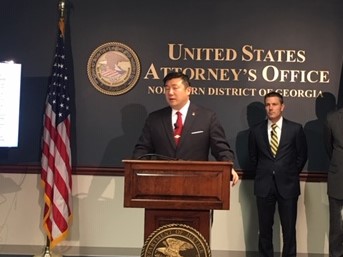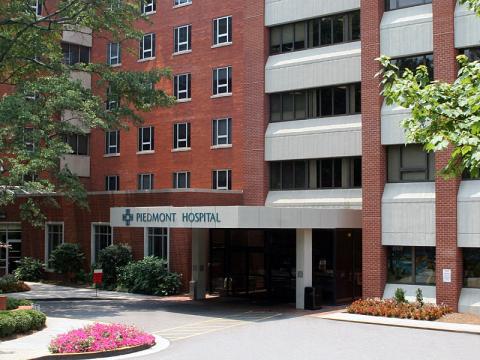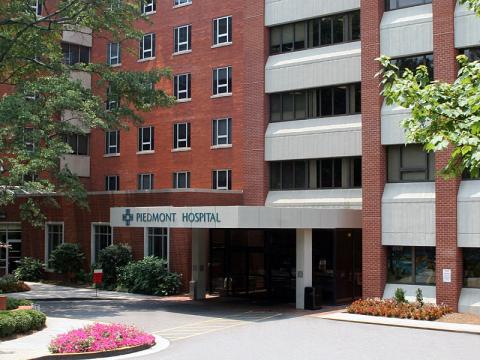Atlanta-based Piedmont Healthcare has agreed to pay $16 million to settle allegations it violated the False Claims Act by improperly billing Medicare and Medicaid.
The U.S. Attorney’s Office said Thursday that Piedmont billed the government insurance programs for procedures at the more expensive inpatient rates instead of the less costly outpatient or observation rates.

“Billing the government for unnecessary inpatient services wastes precious government resources and taxpayer dollars,” said U.S. Attorney Byung J. “BJay” Pak in a statement.
The settlement also resolves allegations that Piedmont, which operates 11 Georgia hospitals, paid a “commercially unreasonable and above fair market value’’ to acquire Atlanta Cardiology Group in 2007 in violation of the federal Anti-Kickback Statute.
The agreement resolves a lawsuit filed in the U.S. District Court for the Northern District of Georgia by a former Piedmont physician under the qui tam or whistleblower provisions of the False Claims Act. The law permits private citizens to bring suits on behalf the United States and obtain a portion of the government’s recovery.
The whistleblower in this case, who was not identified by the government, will receive $2.9 million.
Whistleblower cases make specific claims of fraud and misconduct by companies that have caused the government to lose money. The whistleblower is usually a current or former employee, but can be anyone who knows about the fraud or misconduct. Many large settlements involve health care companies, including recent cases against drugmakers GlaxoSmithKline and Pfizer.
Piedmont, in a statement Thursday, said its decision to settle the case “is not an admission of liability, simply the best way to end a costly and time-consuming investigation so we can continue to focus on caring for the communities we serve across Georgia.’’
The billing issue involved decisions about whether to classify a hospital patient’s status as “inpatient” or “observation.” Making such determinations “was a major challenge for every health system in the country at the time,’’ the Piedmont statement said. “Since that time, the government itself recognized the confusing standards and in 2013 instituted a new ‘two-midnight’ rule to provide clarity.’’

“During the period in question, Piedmont assigned patient status as best it could, in part with the assistance of an industry-leading third-party vendor that helped interpret these technical definitions,’’ the statement continued. “In all cases, our doctors and nurses made their decisions based on the best interest and health of their patients — just like they always have and always will.’’
The case was investigated by the U.S. Attorney’s Office for the Northern District of Georgia, the Georgia Medicaid Fraud Control Unit, and the Health and Human Services’ Office of the Inspector General.
“Our watchdog agency will continue to aggressively investigate health care providers that attempt to boost their profits by billing Medicare and Medicaid for medically unnecessary services and engaging in kickback schemes,” Special Agent in Charge Derrick L. Jackson of the HHS Office of Inspector General said in a statement. “We will not tolerate such greed-fueled schemes, which bilk taxpayer-funded health care programs and undermine the public’s trust in the health care industry.”

